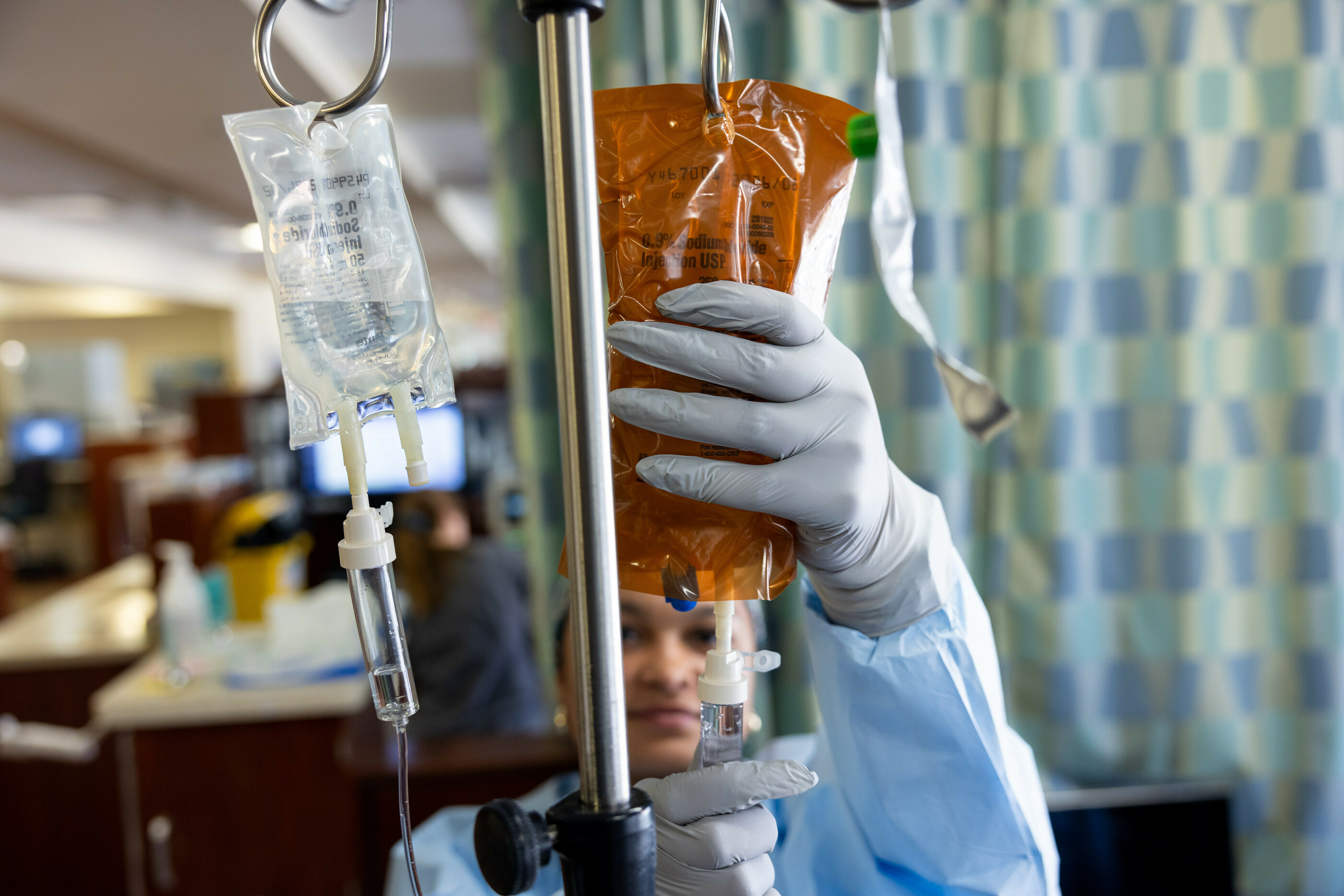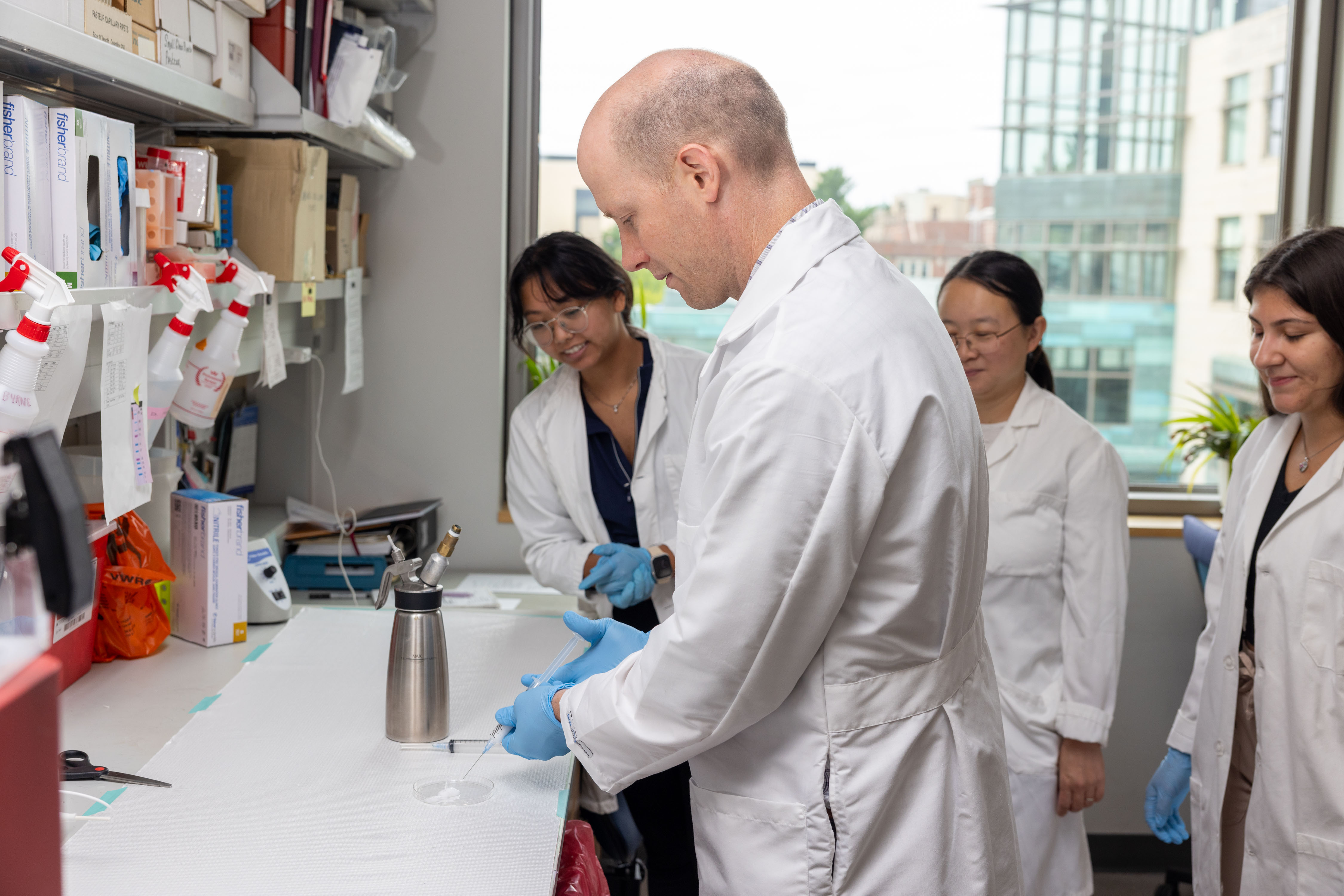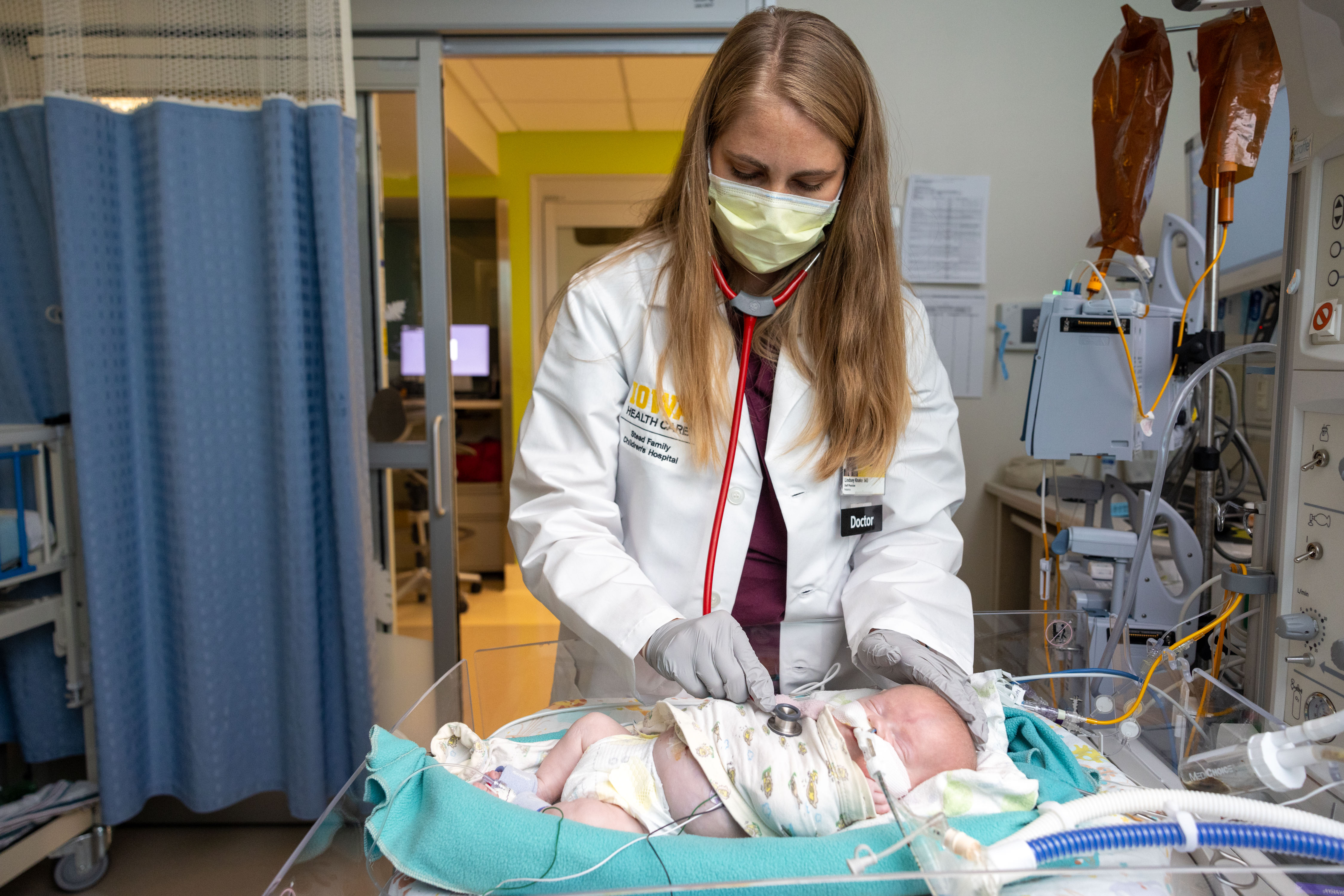
University of Iowa Health Care pulmonologist David Stoltz, MD, PhD, and his colleagues have been awarded a five-year, $11.8 million grant from the National Heart, Lung, and Blood Institute, part of the National Institutes of Health, to study the pathogenesis and therapeutic approaches for primary ciliary dyskinesia (PCD), a rare genetic disorder characterized by chronic respiratory tract…








